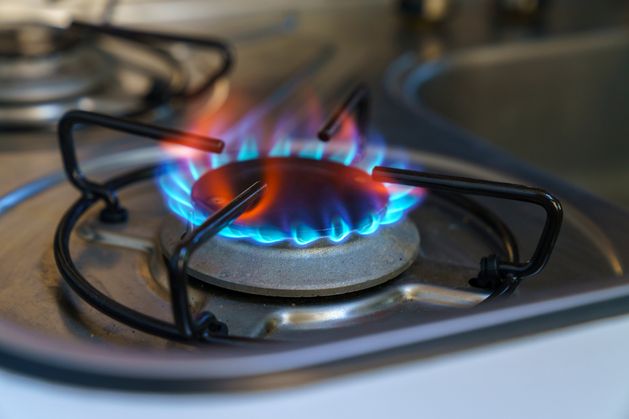Bussiness
Regulator approves higher charge on domestic gas bills

The energy regulator, the Commission for the Regulation of Utilities (CRU), has approved a tariff increase of between €33 and €60 a year to bills, depending on usage.
About 720,000 gas customers are to be hit with the higher tariffs.
The increased tariff will be in addition to charges already included in the standing charge levied on bills by gas suppliers to cover network costs. These are distribution and transmission charges that cover the cost of transporting gas.
Approval for the increased tariff comes days after the regulator sought submissions on a proposed hike in the levy on electricity bills to subsidise wind farms.
The CRU said the tariffs on gas bills would support the plans by the network operator, Gas Networks Ireland, to deliver “a safe, secure and decarbonised gas network”.
Depending on annual consumption, which varies from year to year, it is estimated that a residential gas customer’s annual bill could increase by between €2.75 and €4.98 per month.
Over a year, this works out between €33 and €60, and comes at a time when consumers were hoping the cost of network gas was falling.
CRU officials said the new tariffs would apply from October 1 to September 30 next year.
Network tariffs are charged to retail gas suppliers such as Bord Gáis Energy. The suppliers in turn determine how these charges are passed onto their customers, depending on the tariffs offered by that supplier.
Network charges formed an element of the standing charge on gas customers’ bills, the CRU said.
The regulator advised customers to review their tariffs regularly, and the various options available from suppliers to ensure they were on the best tariff for their usage pattern.
In a statement, the CRU said it conducted an annual review of transmission and distribution tariffs to ensure that only the necessary and efficiently incurred costs of Gas Networks Ireland were included in the calculation of these tariffs.
Fergal Mulligan, the CRU commissioner with responsibility for energy networks, said: “In order to ensure the security and decarbonisation of Ireland’s energy supplies over the next number of years, it is essential that Gas Networks Ireland continues to invest in the gas network.”
He said it was critical that Gas Networks Ireland delivered this in the most efficient way possible that ensured the impact on customers was minimised, while enabling a safe and secure supply of gas to meet current and future demand.
Daragh Cassidy, of price comparison site Bonkers.ie, said that despite recent price cuts, gas prices in Ireland still remained around 80pc above where they were only a few years ago.
“So anything which adds further pressure to household bills is a concern.”
He said an extra €60 a year may not see like a huge amount, but it was coming hot on the heels of a proposed increase in the public service obligation (PSO) levy that wyikd add around €36 a year to people’s electricity bills.
And at the next Budget the VAT on energy bills is due to go back to 13.5pc from 9pc at present while there will also be another hike in the carbon tax.
“It all adds up,” Mr Cassidy said.
Earlier this week, the CRU proposed that the levy that subsidises renewable energy operators should be set at €225m next year.
This is in contrast to this year, when the public service obligation (PSO) levy on electricity bills was set at zero. The PSO levy was put in place to subsidise the generation of electricity from sustainable sources.










